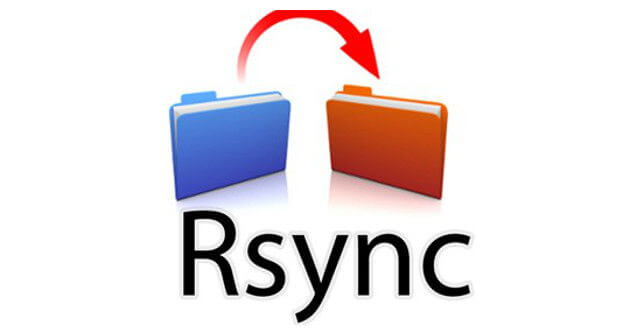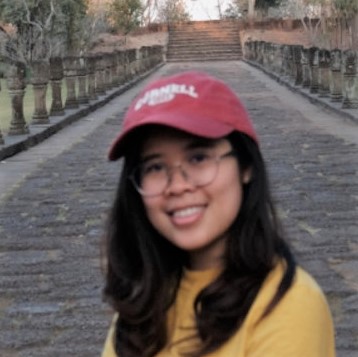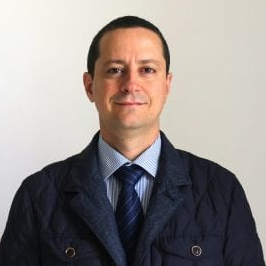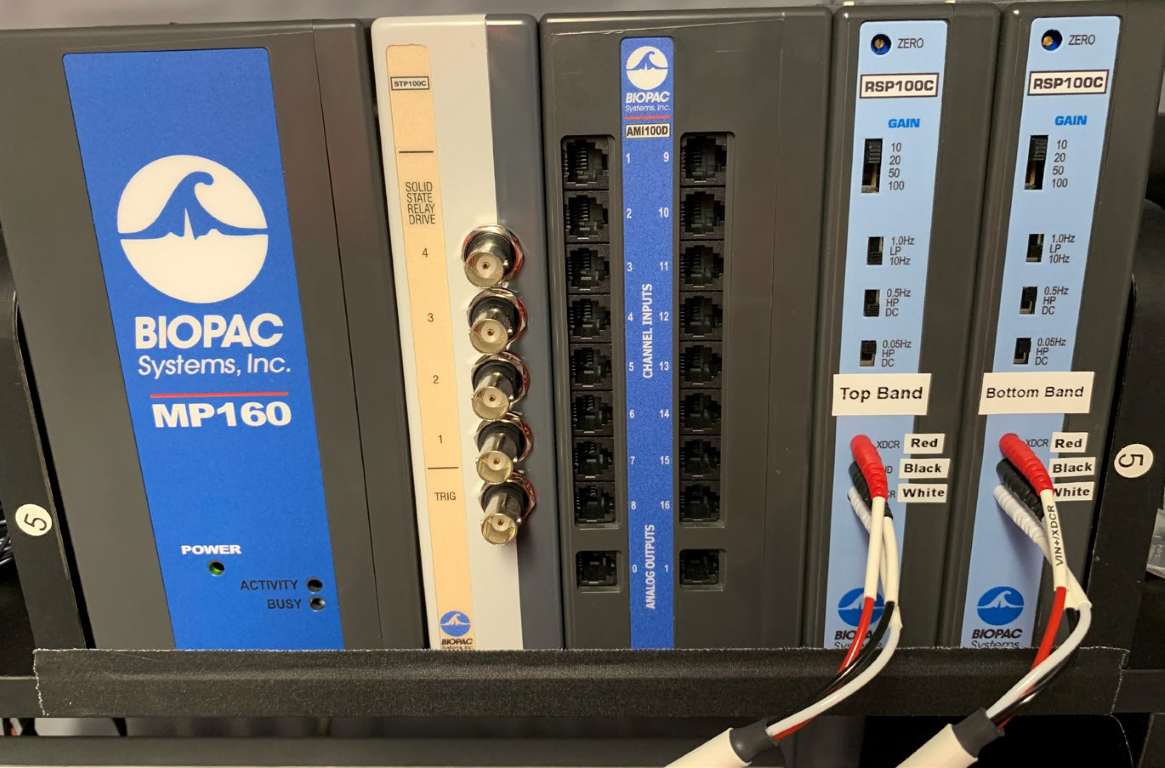About
The Cornell Phonetics Lab is a group of students and faculty who are curious about speech. We study patterns in speech — in both movement and sound. We do a variety research — experiments, fieldwork, and corpus studies. We test theories and build models of the mechanisms that create patterns. Learn more about our Research. See below for information on our events and our facilities.

Upcoming Events

12th October 2022 12:20 PM
PhonDAWG - Phonetics Lab Data Analysis Working Group
Bruce will give a tutorial on the Linux screen and rsync utilities.
Location: B11, Morrill Hall
14th October 2022 12:20 PM
Phonetics Lab Meeting
We will have around-the-room progress updates and discussion of plans for the Phonetics Lab Twitter account.
Location: B11, Morrill Hall
19th October 2022 12:20 PM
PhonDAWG - Phonetics Lab Data Analysis Working Group
Siree will present some recent linear and logistic regression analyses on her field research data.
Location: B11, Morrill Hall
20th October 2022 04:30 PM
Linguistics Colloquium Speaker: Gabriel Antunes de Araujo
The Department of Linguistics proudly presents Dr. Gabriel Antunes de Araujo, Programme Coordinator of Master in Philosophy in Portuguese Language and Intercultural Studies at University of Macau. Dr. Araujo will speak on "A Mandarin templatic language game".
Abstract:
Language games are linguistic phenomema common in all languages. Basically, they have the following characteristics: the morphophonological system is limited to one or more mutually non-exclusive operations (infixation/affixation, templatic manipulation, reversal, and substitution); inserted affixes are limited to one or at most a handful of items, and the morphology is semantically empty.
Here, we described a templatic language game in Mandarin. In addition, we analyzed its morphophonological aspects, such as syllables, tones, and compound integrity, from a generative linguistics point of view.
Our investigation revealed that this Mandarin’s templatic language game allows the insertion of playful particles —such as le 了and de 的, among others —in the inner limits of an utterance, undoing the integrity of lexical compounds and the noun-classifier pair. In this way, a sequence as ai4爱 chi¹ 吃 luo² 萝 bo卜 he² 和 qing¹ 青cai4 菜‘they like to eat radishes and vegetables’becomes the playful sequence ai4爱 le 了 chi¹ 吃 le 了 luo² 萝 le 了 bo² 卜 le 了bo² 和 le 了 qing¹ 青 le 了 cai4 菜, with the insertion of the semantically empty particle le 了. In this example, the integrity of the compound luo² 萝 bo卜 ‘radishes’is undone by the insertion of the game’s particle. In the game output, additionally, a rising tone, bo²卜, is added to the second component in the compound luo² 萝 bo² 卜, originally toneless.
Thus, from a linguistic point of view, the game allows us to address several issues in Mandarin, such as the tone attribution system, the integrity of syllables, and the nature of the lexical composition. Likewise, the description and analysis of this game allow us to compare it with other language games in an interlinguistic manner. Therefore, this presentation constitutes
an original contribution to understanding language game phenomena in general and Mandarin in particular.Automatic captioning will be available for this talk. Zoom connection information to be provided the week of the event.
Location: Virtual Event
Facilities
The Cornell Phonetics Laboratory (CPL) provides an integrated environment for the experimental study of speech and language, including its production, perception, and acquisition.
Located in Morrill Hall, the laboratory consists of six adjacent rooms and covers about 1,600 square feet. Its facilities include a variety of hardware and software for analyzing and editing speech, for running experiments, for synthesizing speech, and for developing and testing phonetic, phonological, and psycholinguistic models.
Web-Based Phonetics and Phonology Experiments with LabVanced
The Phonetics Lab licenses the LabVanced software for designing and conducting web-based experiments.
Labvanced has particular value for phonetics and phonology experiments because of its:
- *Flexible audio/video recording capabilities and online eye-tracking.
- *Presentation of any kind of stimuli, including audio and video
- *Highly accurate response time measurement
- *Researchers can interactively build experiments with LabVanced's graphical task builder, without having to write any code.
Students and Faculty are currently using LabVanced to design web experiments involving eye-tracking, audio recording, and perception studies.
Subjects are recruited via several online systems:
- * Prolific and Amazon Mechanical Turk - subjects for web-based experiments.
- * Sona Systems - Cornell subjects for for LabVanced experiments conducted in the Phonetics Lab's Sound Booth

Computing Resources
The Phonetics Lab maintains two Linux servers that are located in the Rhodes Hall server farm:
- Lingual - This Ubuntu Linux web server hosts the Phonetics Lab Drupal websites, along with a number of event and faculty/grad student HTML/CSS websites.
- Uvular - This Ubuntu Linux dual-processor, 24-core, two GPU server is the computational workhorse for the Phonetics lab, and is primarily used for deep-learning projects.
In addition to the Phonetics Lab servers, students can request access to additional computing resources of the Computational Linguistics lab:
- *Badjak - a Linux GPU-based compute server with eight NVIDIA GeForce RTX 2080Ti GPUs
- *Compute server #2 - a Linux GPU-based compute server with eight NVIDIA A5000 GPUs
- *Oelek - a Linux NFS storage server that supports Badjak.
These servers, in turn, are nodes in the G2 Computing Cluster, which currently consists of 195 servers (82 CPU-only servers and 113 GPU servers) consisting of ~7400 CPU cores and 698 GPUs.
The G2 Cluster uses the SLURM Workload Manager for submitting batch jobs that can run on any available server or GPU on any cluster node.
Articulate Instruments - Micro Speech Research Ultrasound System
We use this Articulate Instruments Micro Speech Research Ultrasound System to investigate how fine-grained variation in speech articulation connects to phonological structure.
The ultrasound system is portable and non-invasive, making it ideal for collecting articulatory data in the field.

BIOPAC MP-160 System
The Sound Booth Laboratory has a BIOPAC MP-160 system for physiological data collection. This system supports two BIOPAC Respiratory Effort Transducers and their associated interface modules.

Language Corpora
- The Cornell Linguistics Department has more than 915 language corpora from the Linguistic Data Consortium (LDC), consisting of high-quality text, audio, and video corpora in more than 60 languages. In addition, we receive three to four new language corpora per month under an LDC license maintained by the Cornell Library.
- This Linguistic Department web page lists all our holdings, as well as our licensed non-LDC corpora.
- These and other corpora are available to Cornell students, staff, faculty, post-docs, and visiting scholars for research in the broad area of "natural language processing", which of course includes all ongoing Phonetics Lab research activities.
- This Confluence wiki page - only available to Cornell faculty & students - outlines the corpora access procedures for faculty supervised research.

Speech Aerodynamics
Studies of the aerodynamics of speech production are conducted with our Glottal Enterprises oral and nasal airflow and pressure transducers.

Electroglottography
We use a Glottal Enterprises EG-2 electroglottograph for noninvasive measurement of vocal fold vibration.

Real-time vocal tract MRI
Our lab is part of the Cornell Speech Imaging Group (SIG), a cross-disciplinary team of researchers using real-time magnetic resonance imaging to study the dynamics of speech articulation.

Articulatory movement tracking
We use the Northern Digital Inc. Wave motion-capture system to study speech articulatory patterns and motor control.
Sound Booth
Our isolated sound recording booth serves a range of purposes--from basic recording to perceptual, psycholinguistic, and ultrasonic experimentation.
We also have the necessary software and audio interfaces to perform low latency real-time auditory feedback experiments via MATLAB and Audapter.

